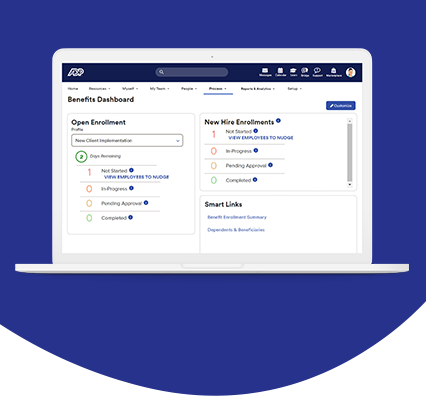In most states, PEOs are required to have a surety bond to become licensed providers of professional employer services. A PEO bond ensures that the PEO meets state registration and licensing requirements, acts as collateral for workers’ compensation policies, and guarantees PEO performance of their contracted employer responsibilities.
Certified PEO Bond
To qualify as a Certified Professional Employer Organization (CPEO), a PEO is required by the IRS to file a surety bond. The surety bond amount is calculated as 5% of the PEO’s federal tax liabilities under 26 U.S.C. Section 3511 for the period April 1 through March 31 of the following year, with a minimum of $50,000 and a maximum not to exceed $1 million.
The professional employment organization (PEO) bond is relatively new to the surety industry. Because PEOs essentially function as outsourced HR departments, they have a great deal of financial responsibility. To reduce fraud and other instances of malpractice within the PEO market, government agencies regulate PEOs.
Go deeper



